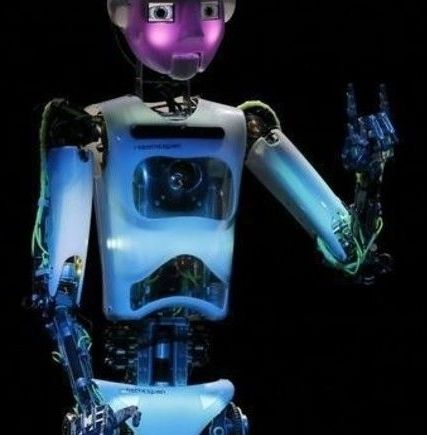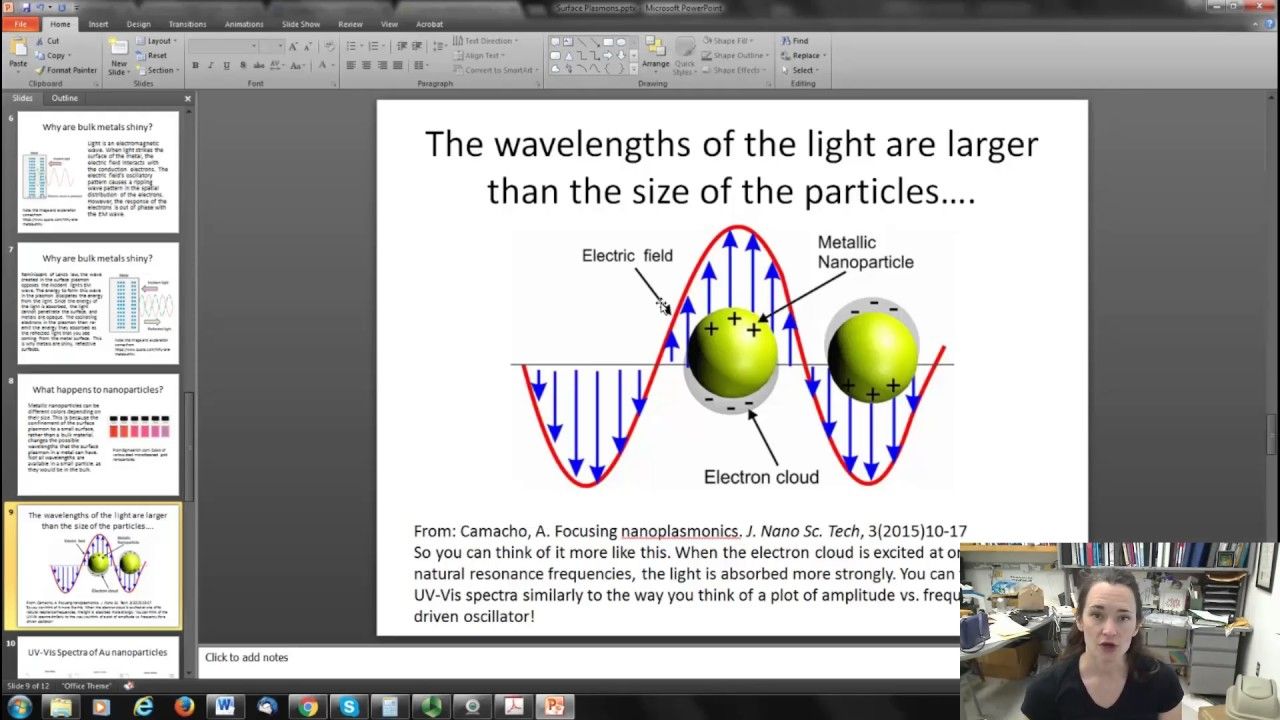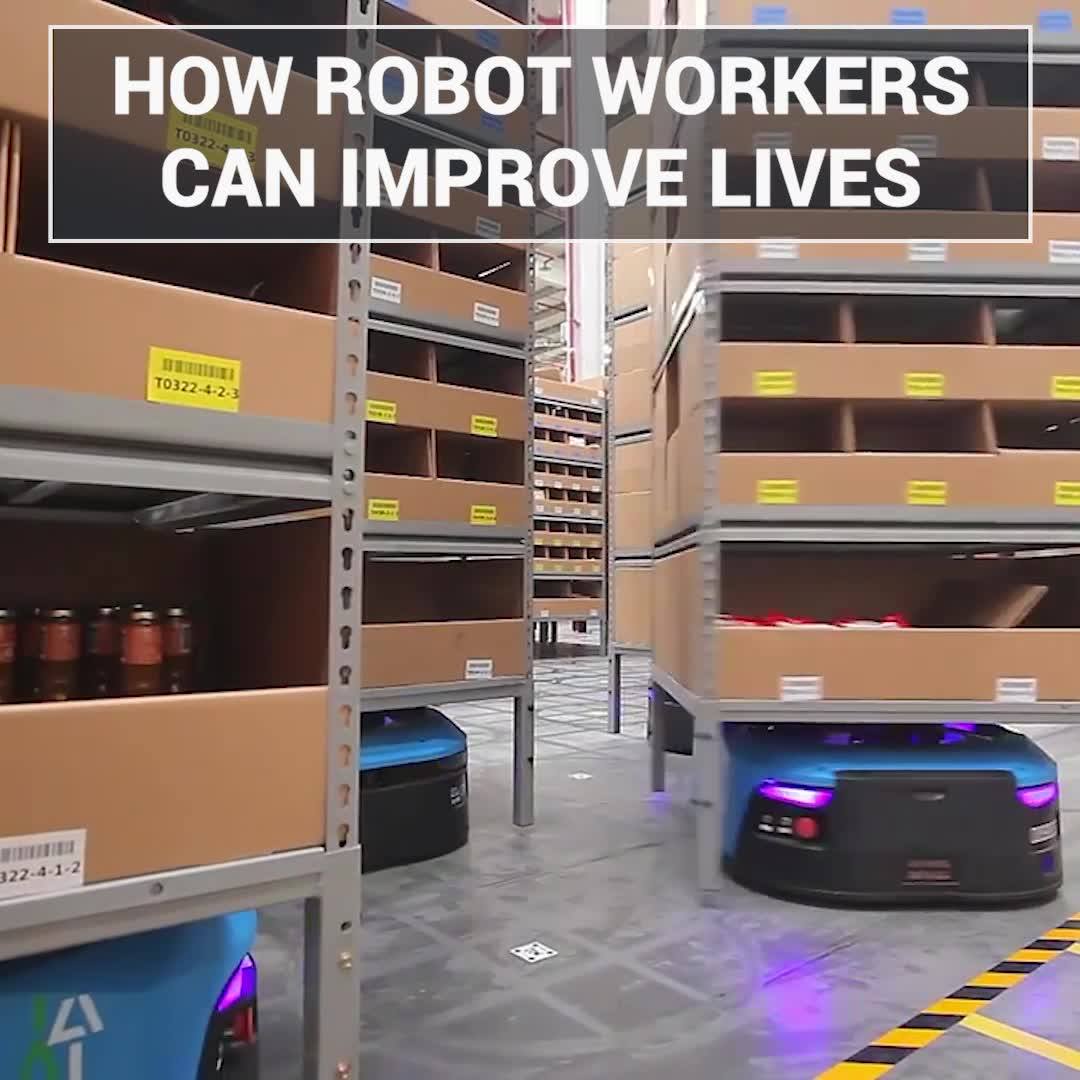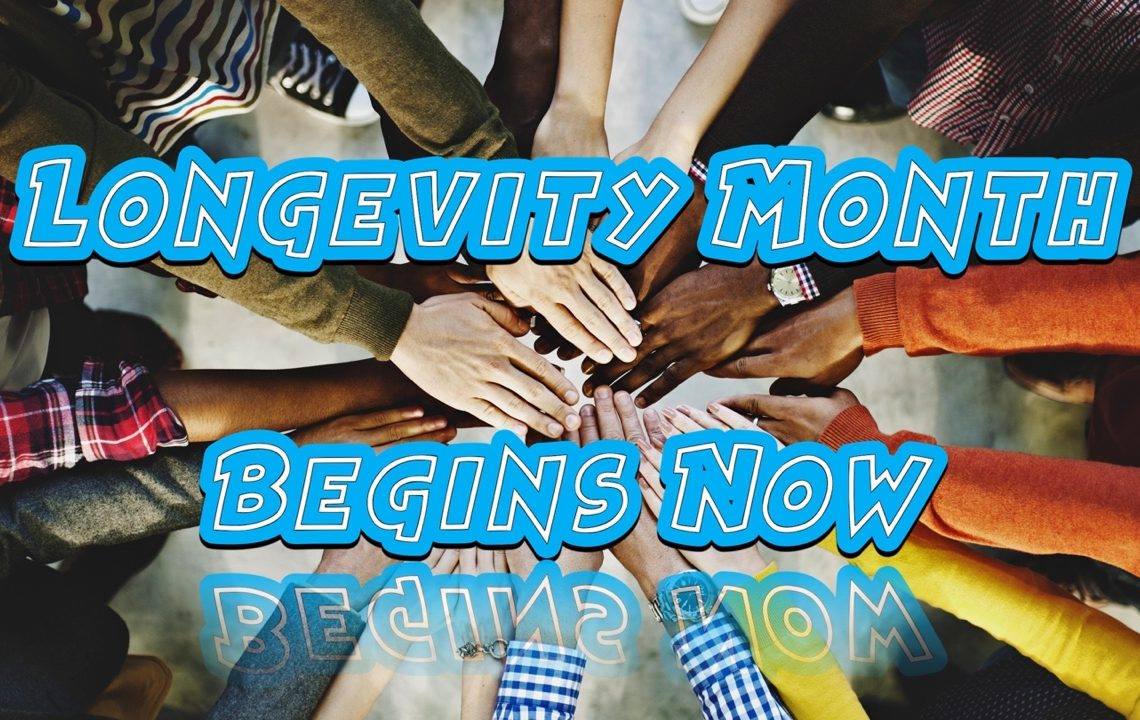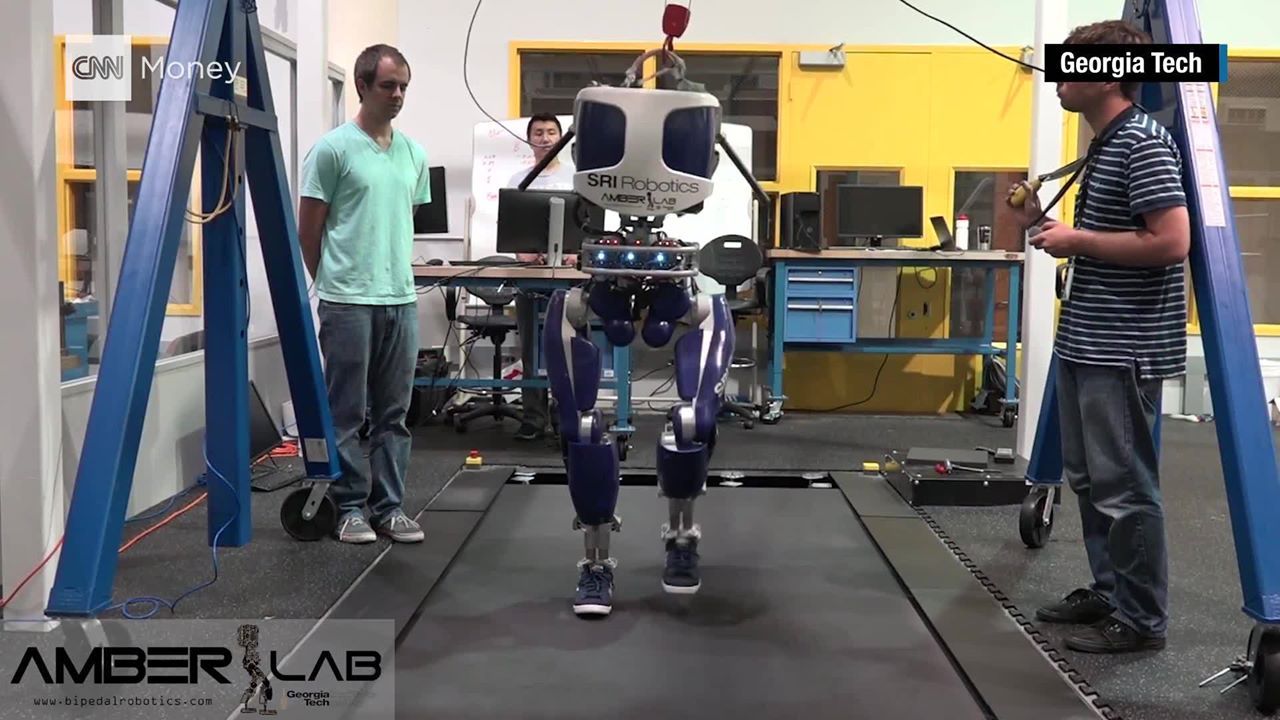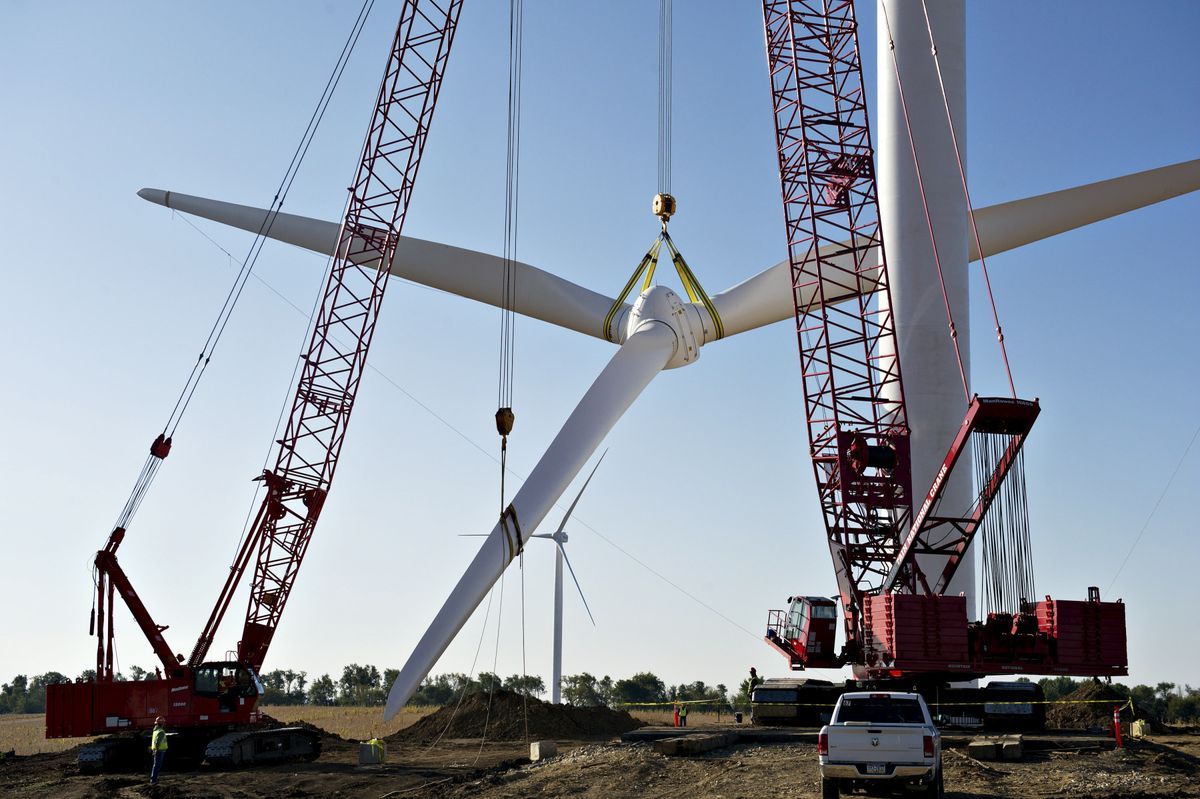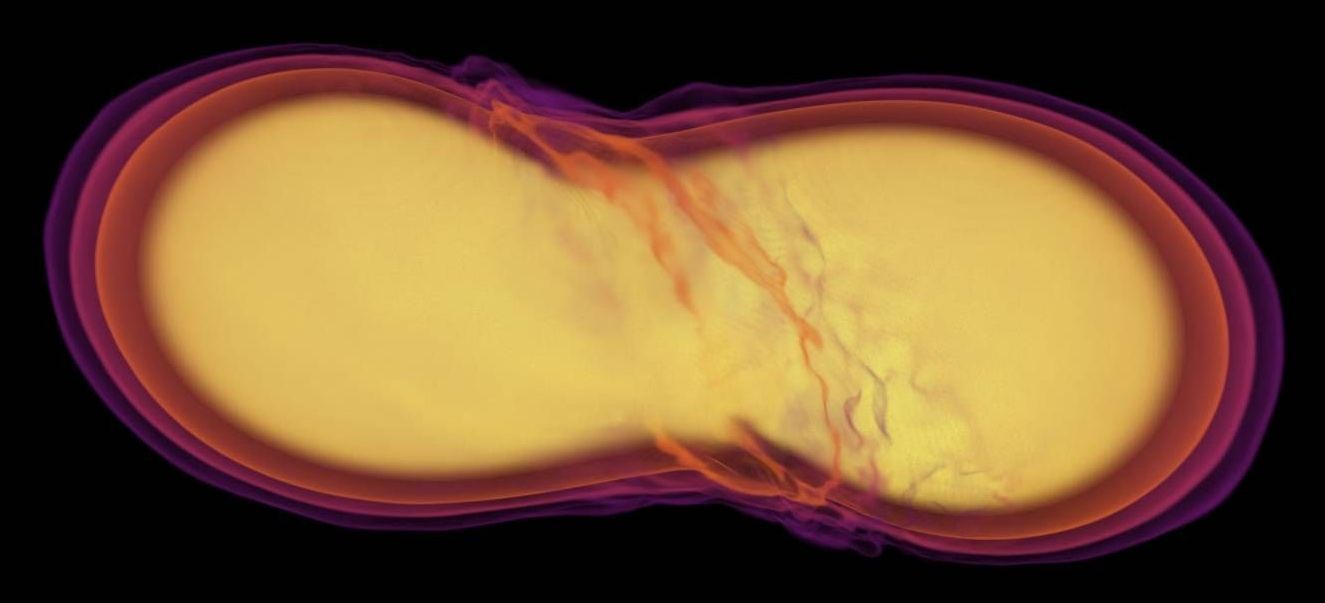Nov 3, 2017
Scientists decipher mechanisms underlying the biology of aging
Posted by Dan Kummer in categories: bioengineering, biotech/medical, computing, life extension
Understanding the factors that control aging has been one of humanity’s endless pursuits, from the mystical fountain of youth to practical healthful regimens to prolong life expectancy.
A team of scientists at the University of California San Diego has helped decipher the dynamics that control how our cells age, and with it implications for extending human longevity. As described in a study published in the Proceedings of the National Academy of Sciences, a group led by biologist Nan Hao employed a combination of technologies in engineering, computer science and biology to analyze molecular processes that influence aging.
As cells age, damage in their DNA accumulates over time, leading to decay in normal functioning and eventually resulting in death. A natural biochemical process known as “chromatin silencing” helps protect DNA from damage. The silencing process converts specific regions of DNA from a loose, open state into a closed one, thus shielding DNA regions. Among the molecules that promote silencing is a family of proteins—broadly conserved from bacteria to humans—known as sirtuins. In recent years, chemical activators of sirtuins have received much attention and are being marketed as nutraceuticals to aid chromatin silencing in the hopes of slowing the aging process.
Continue reading “Scientists decipher mechanisms underlying the biology of aging” »


